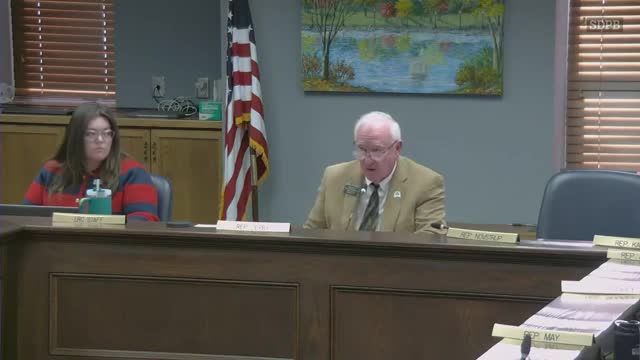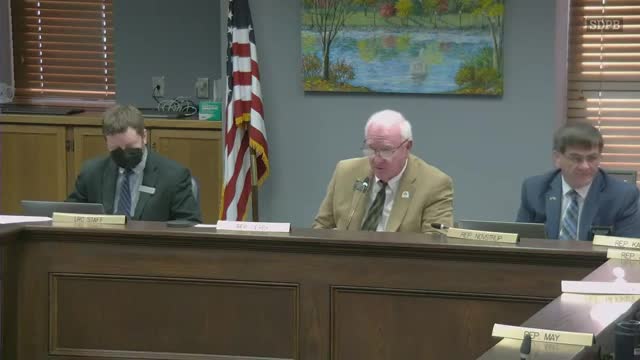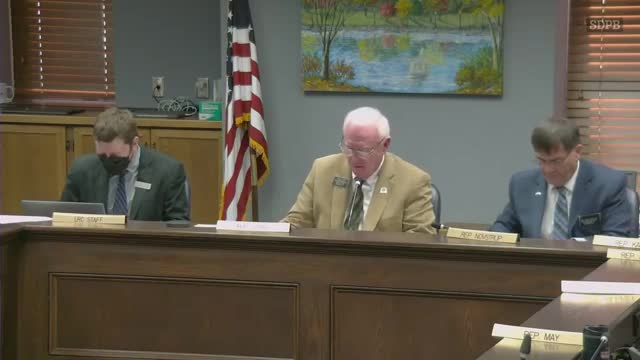Article not found
This article is no longer available. But don't worry—we've gathered other articles that discuss the same topic.

Deadwood leaders seek larger share of gaming proceeds to fund local preservation and infrastructure; committee defers

McCook Lake: lawmakers hear requests to reserve contingency funds for cleanup and flood mitigation; committee defers

